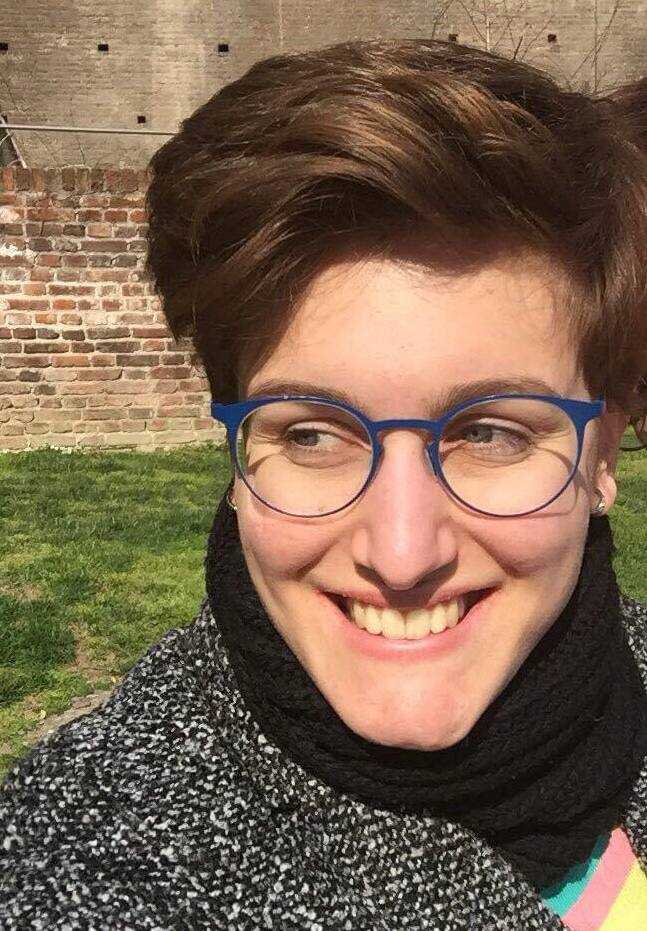Photo by Sofia Elena Bracco
At the end of October 2022, I had the opportunity to join the small group meeting on “Advances in LGBTIQ+ Research: Contextual Cues, Debates, and Legal Changes” organized by the Society for the Psychological Study of Social Issues (SPSSI) and the European Association of Social Psychology (EASP).
The two-day meeting was held in Boston, USA, so my colleague (and G-Versity guest fellow) Elli and I embarked on a plane directed to Iceland and then, eventually, North America. Leaving aside practical issues like me putting my passport in the washing machine and Elli forgetting theirs on the plane, we finally managed to reach our destination. While the horrible weather almost made us miss Sweden, the quaint suburban street where our hostel was situated felt nicely non-European.
After a couple of days spent exploring the city, working remotely and being constantly tired due to jet-lag, it was time to prepare for the meeting’s start. As I had recently learned, the format of a small group meeting differs from that of a conference: there are neither posters nor symposia, but rather “blitz” presentations of each member, usually around 3 minutes long; then the participants are divided in groups and work jointly for the rest of the – quite short – time.
Armed with our one-slide presentations, on the morning of Friday the 29th we ventured to the University of Massachusetts campus – and promptly got lost in the process. Inside the auditorium we were met with some familiar faces, including a guest fellow we had previously met in Berlin, another colleague from Sweden, G-Versity PI Peter Hegarty, and experts we had only seen through a screen before. Being in a room with so many scholars passionate about Social Psychology and LGBTIQ+ research was humbling – a feeling quickly proven right by their excellent fast-paced presentations. What I enjoy about psychological and gender research is that the same topic can be addressed in wildly different manners by scholars with different backgrounds, theoretical approaches, methodologies, and interests. So, presenting our works, the themes spaced from strategic sexuality blindfolding to gender-diverse groups such as Khwaja Sira, passing through gatekeeping and intersecting identities, trans-informed psychotherapy, pinkwashing, allyship between feminists and the LGBTIQ+ community, intimate partner violence in same-sex couples, pluralistic ignorance, homonationalism, and many more.
As conferences and academic life have taught me, sometimes the most important conversations are the ones that happen informally, over coffee or during lunch break. This meeting was no exception: with our heads still buzzing from all the interesting new information we just received, we started chatting, bouncing ideas off each other, and networking. On the second day, the lunch break consisted of having pizza by the water in lounge chairs, which definitely contributed to the friendly and informal atmosphere the meeting was having. Both nights we had dinner together, a great chance to start conversations with the people who were not in our group and to get to know everybody.
Overall, it was an experience I feel very grateful for: traveling to another continent for the chance of meeting like-minded people and actually getting to work with them was an opportunity that doesn’t happen everyday – and after Covid I was afraid the time of our PhDs would not come with traveling possibilities. Despite the worries that come with participating in your first international conference, I would warmly encourage all my fellow PhDs to seize every opportunity to expand their academic horizons.

Implementing gender diversity interventions effectively (Sweden)
